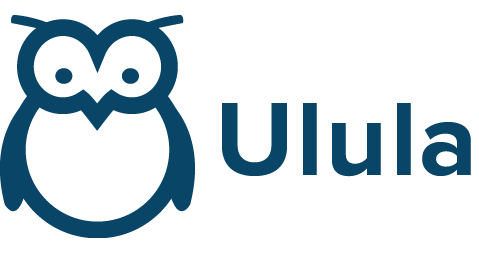As we hit the ground running in 2019, we not only reflect on where we were just a year ago but also how far worker voice technology has come in such short a time. The partnerships we developed, new markets we entered and the trends we spearhead with our peers is a testament to how technology and worker engagement is gaining traction across global industries.
However, recent cases of migrant forced labor in rubber gloves Malaysian factories underscores the need for more radical innovation to improve monitoring of working conditions and meaningful access to remedy for vulnerable workers.
In 2018, we continued our work in the mining sector scaling projects in Brazil, Chile, Peru, and South Africa. We also grew beyond the mining and manufacturing sectors, working with clients in the electronic, agriculture and food and beverage sectors, adding workers in sugarcane and palm oil to our growing community of workers on our platform. The projects took us to new geographies such as the U.K., DRC, and Malaysia. As a result, Ulula now operates in 20 countries with an ability to reach 130+ markets.
We also expanded our reach to integrate with responsible sourcing and verification programs. Integration with third-party assessment helps lower the cost and burden of compliance. Technology helps reach larger segments of the workforce on a more frequent basis to create more robust and continuous insights into working conditions and how they correlate to key business and welfare outcomes-including turnover, absenteeism, health and safety, and job satisfaction.
Partnerships with certification bodies like the Roundtable for Sustainable Palm Oil (RSPO) demonstrate that simple mobile technology can go beyond insights and metrics by empowering workers to raise concerns, access remedy and help create fair, healthy and productive workplaces. Two-way engagement through simple communication channels has the potential to ignite massive shifts through worker capacity building and supplier empowerment to strategically engage workers on a more continuous basis.
The power of collaboration was our takeaway message from last year and it will continue to be our guide in 2019. Our partners enable us to leverage our unique analytics to provide more meaningful insights to supply chain decision makers and more actionable insights to improve working conditions. The path to creating more human-centered supply chain requires more collaboration between employers, brands, unions, labor organizations, and technology firms. Connect with us to learn more about our work and partnership opportunities.
– Team Ulula

